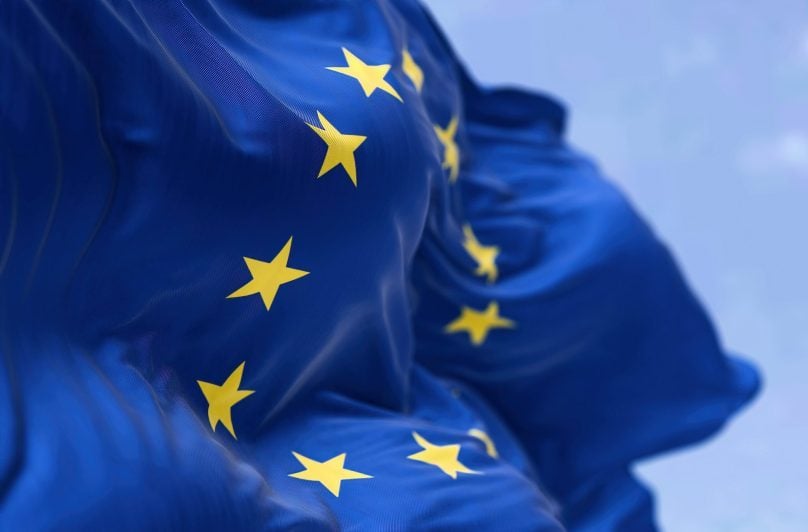EU Countries Launch Age-Check App to Safeguard Children Online
Five European Union countries—Denmark, France, Greece, Italy, and Spain—are set to conduct trials of a new digital tool designed to verify the age of users. This initiative aims to prevent minors from accessing harmful online content, as announced by the European Commission.
The app, which is based on a prototype developed at the EU level, will be customized by each participating country. The goal is to launch national versions of the application within the next few months. The project reflects a broader effort by the EU to enhance online safety, particularly for younger users who may be more vulnerable to inappropriate material.
Purpose of the Age-Check App
The primary objective of the app is to ensure that children are not exposed to content that could be damaging to their well-being. This includes material related to violence, explicit imagery, or other harmful themes. By implementing an age verification system, the EU hopes to create a safer digital environment for young people.
The app is expected to use a combination of methods to confirm a user’s age, such as ID verification, biometric checks, or third-party age validation services. These measures will help platforms determine whether a user is under the legal age for certain types of content.
Implementation Process
Each country will adapt the prototype according to its specific needs and legal frameworks. For example, France may integrate the app with existing digital identity systems, while Spain might develop a standalone solution. The flexibility in implementation ensures that the app can be tailored to meet the unique requirements of each nation.
The European Commission has emphasized that this initiative is part of a larger strategy to strengthen digital rights and protect users, especially children, from online risks. The success of the trial phase will likely influence future policies across the EU.
Benefits and Challenges
One of the key benefits of the age-check app is its potential to reduce the spread of harmful content among minors. It could also encourage online platforms to adopt more responsible practices in managing user access. Additionally, the app may serve as a model for other regions looking to implement similar safeguards.
However, there are challenges to consider. Privacy concerns may arise, as the app requires users to provide personal information. Ensuring data security and compliance with EU regulations, such as the General Data Protection Regulation (GDPR), will be crucial. There is also the question of user adoption—will individuals be willing to share their age details to access certain content?
Future Outlook
If the pilot programs in the five EU countries prove successful, the app could be expanded to other member states. The European Commission has already indicated that it is open to scaling up the initiative if the results are positive. This could lead to a more unified approach to online safety across Europe.
In addition to the age-check feature, the EU is exploring other ways to improve digital protection. These include stricter guidelines for social media platforms, enhanced reporting mechanisms for harmful content, and educational campaigns to raise awareness about online safety.
The introduction of the age-check app marks a significant step forward in the EU’s efforts to create a safer internet. By focusing on prevention and innovation, the region aims to set a global standard for protecting young users in the digital age.







